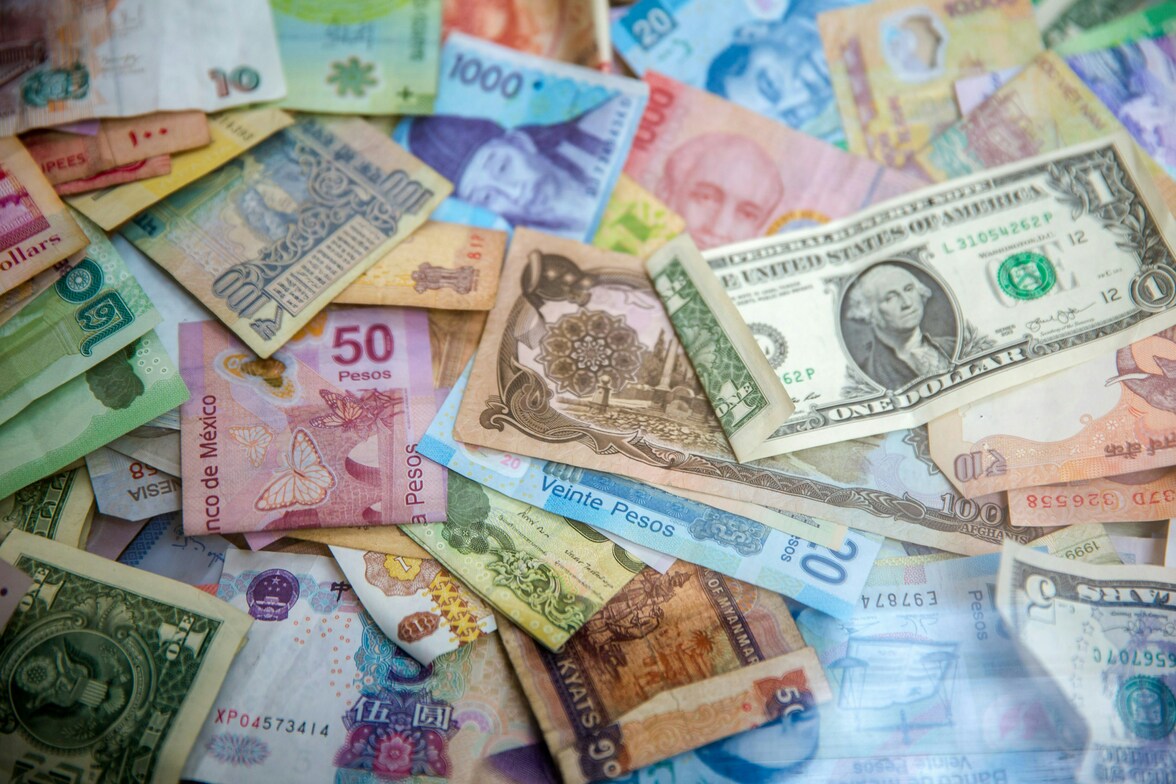
I remember when I first heard that song by the Beatles. (Actually, it was originally recorded by Little Richard on the Motown label, but the Fab Four covered it.) I found it kind of shocking.
The best things in life are free
But you can give them to the birds and bees
I want money (that's what I want)
Your love gives me such a thrill
But your love won't pay my bills
I want money (that's what I want)
See what I mean? In polite company, one is simply not meant to make such a clear and vulgar statement of one’s desire for filthy lucre. You’re supposed to hide it behind the lace curtains and dress it in more acceptable garments.
Decades later I see the message as so outrageously opposed to all that is good and right that I reckon the songwriter was having a laugh. This is a cheeky bit of irony, some witty but sharp satire directed at the culture’s pursuit of material wealth. Surely?
Last Sunday we kicked off this year’s stewardship campaign with a challenging look at some of St Paul’s words of warning about pursuing wealth. And they really were words of warning. “The love of money is a root of all kinds of evil... Those who want to be rich fall into temptation and are trapped by many senseless and harmful desires that plunge people into ruin and destruction... As for those who in the present age are rich, command them not to be haughty or to set their hopes on the uncertainty of riches but rather on God... Rich people are to do good, to be rich in good works, generous, and ready to share, thus storing up for themselves the treasure of a good foundation for the future.” Woohoo!
The point is clear. Money is dangerous – better give it to the church. Actually, I’m joking about the second part. The first part is true though. Money can destroy people – better handle with seriousness, feeling the great power it has to do good and to do harm.
Here’s a prayer I used on Sunday. It’s a poem by the French spiritual writer Michel Quoist in the 1950s. It takes Paul’s weighty advice to heart. See what you think.
Prayer before a Five Pound Note (edited)
Lord, see this note, it frightens me.
You know its secrets, you know its history.
How heavy it is!
It scares me, for it cannot speak.
It will never tell all it hides in its creases....
It will never tell the struggles and efforts it represents,
All the disillusionment and slighted dignity.
It is stained with sweat and blood.
It is laden with all the weight of human toil.
It frightens me.
For it has death on its conscience,
All the poor fellows who killed themselves for it....
To possess it for a few hours,
To have through it,
A little pleasure, a little joy, a little life....
Through how many hands has it passed?
And what has it done though its long silent trips?
It has offered roses to the radiant fiancée.
It has paid for the baptismal party and fed the growing baby.
Provided bread for the family table.
Because of it, there was laughter among the young,
And joy among the adults.
It has paid for the saving visit of the doctor,
It has bought the book that taught the youngster,
It has clothed the young girl.
But it has sent the letter breaking the engagement,
It has broken the morals of the young,
And made of the adult a thief.
It has paid for the weapons of the crime
And for the wood of the coffin.
O Lord, I offer you this note with its joyous mysteries, and its sorrowful mysteries.
I thank you for all the life and joy it has given.
I ask your forgiveness for the harm it has done.
But above all, Lord, I offer it to you as a symbol of all of the labours of men,
indestructible money, which tomorrow will be changed into your eternal life. Amen.